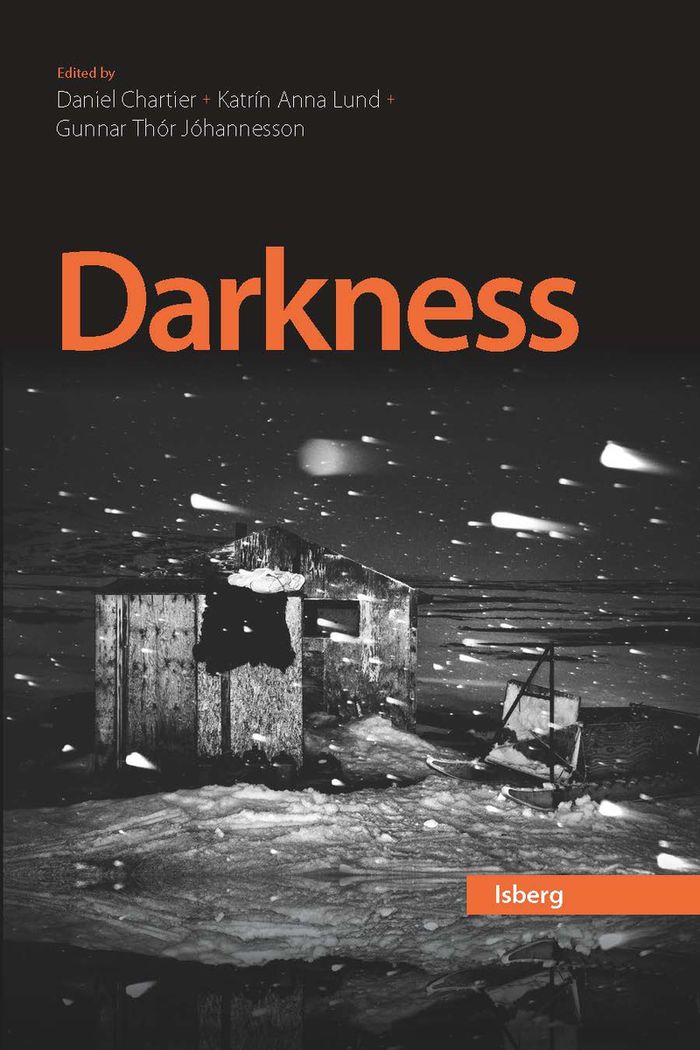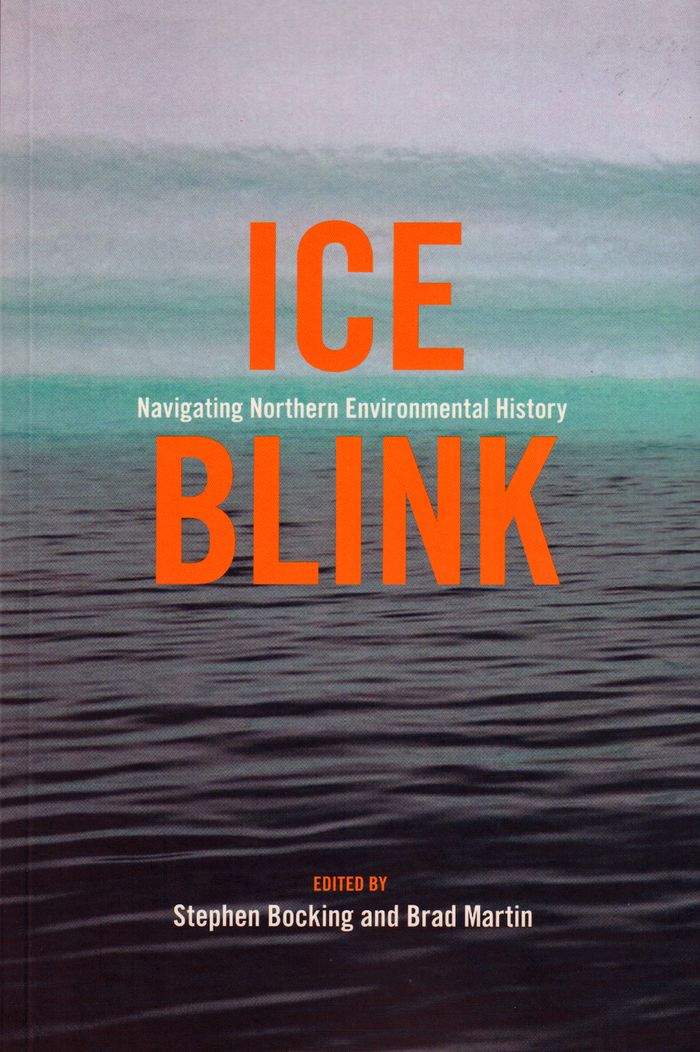$30.00
(available in store)
Summary:
Defining darkness can be an impossible exercise to explain absence, nothingness, and the absolute all at once. Darkness falls within a system of symbolic values where colours are ascribed to meanings that are related to one another. The relationship between darkness and the North is as ancient as that between the North and whiteness. The circumpolar day-night cycle,(...)
Architecture in Canada
November 2021
Darkness : the dynamics of darkness in the North
Actions:
Price:
$30.00
(available in store)
Summary:
Defining darkness can be an impossible exercise to explain absence, nothingness, and the absolute all at once. Darkness falls within a system of symbolic values where colours are ascribed to meanings that are related to one another. The relationship between darkness and the North is as ancient as that between the North and whiteness. The circumpolar day-night cycle, alternating between summer and winter, introduces the idea of a duality, between blinding brightness and everlasting night. The ten chapters of this book explore the dynamics of darkness in social science, humanities and art, and attest to the diverse range of contributions by the various authors and their disciplinary and cultural perspectives. Together, they shed light on the meaning and use of darkness, its position and role in the worldview of cultures, the scientific struggle with darkness, and not least the effects of this interplay on people's lives and their understanding of self and other.
Architecture in Canada
$41.95
(available to order)
Summary:
This title provides opportunities to consider critical issues in other disciplines and geographic contexts. Contributors also examine whether distinctive approaches to environmental history are required when studying the Canadian North, and consider a range of broader questions. What, if anything, sets the study of environmental history in particular regions apart from(...)
Ice blink: navigating northern environmental history
Actions:
Price:
$41.95
(available to order)
Summary:
This title provides opportunities to consider critical issues in other disciplines and geographic contexts. Contributors also examine whether distinctive approaches to environmental history are required when studying the Canadian North, and consider a range of broader questions. What, if anything, sets the study of environmental history in particular regions apart from its study elsewhere? Do environmental historians require regionally-specific research practices? How can the study of environmental history take into consideration the relations between Indigenous peoples, the environment, and the state? How can the history of regions be placed most effectively within transnational and circumpolar contexts? How relevant are historical approaches to contemporary environmental issues?
Environment and environmental theory

